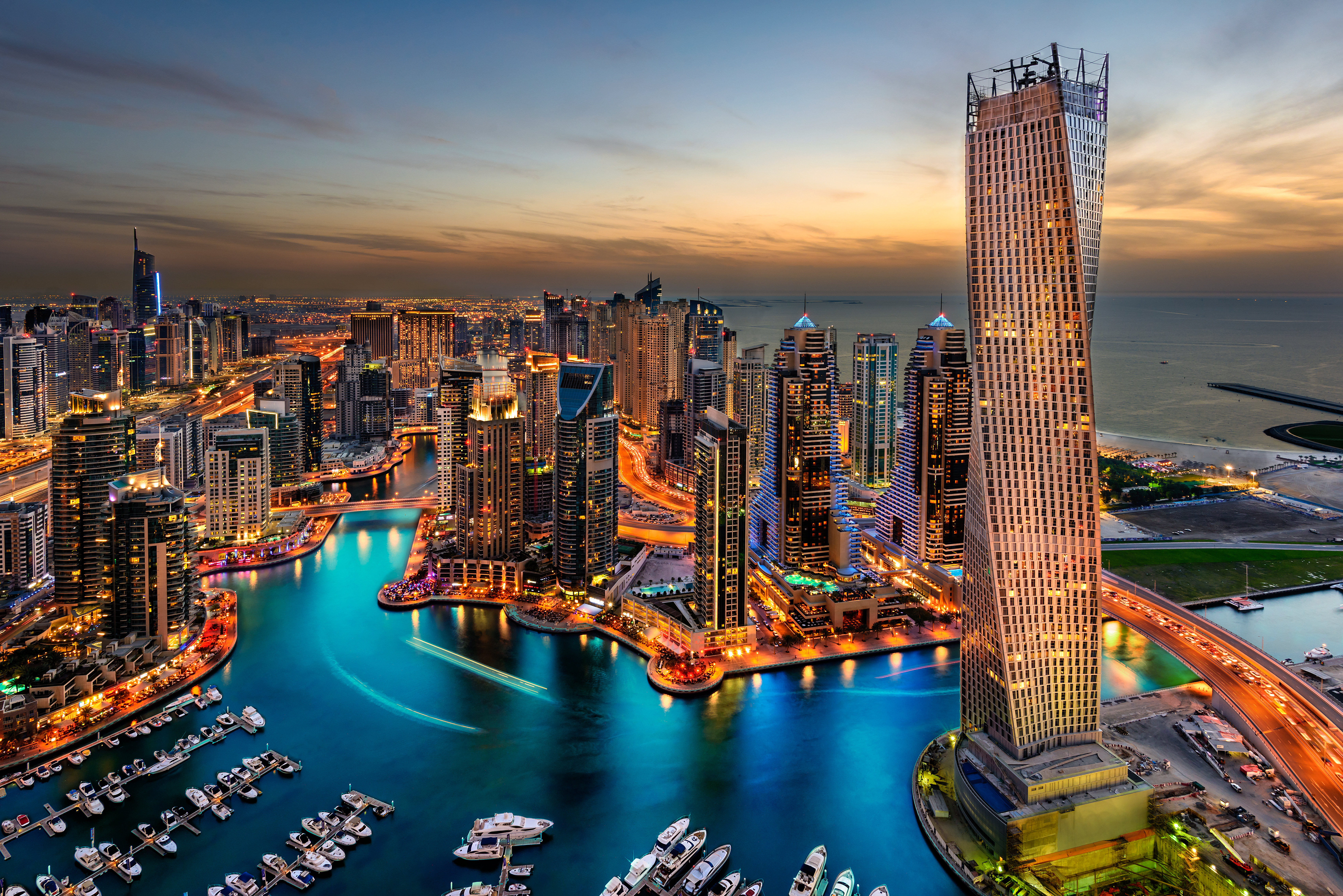With an increasing number of High Net Worth Individuals (HNWI) choosing to leave the Middle East due to the high level of instability, many are opting to invest in Europe which is a more secure alternative, increasing the demand for second citizenship.

Political Instability in the Middle East
When analysing the region, it is impossible not to begin with one of the most prominent factors contributing to its uncertainty; the decade long dispute between Saudi Arabia (Sunni) and Iran (Shia). Although they have not technically declared war on each other, they have been on opposite sides of countless proxy wars. This rivalry comes from the religious split between both countries, seen as the ultimate authorities for Sunni and Shia Islam.
This has led to a number of different intrastate conflicts which have contributed to the creation of failed states, most notably in Iraq, Syria and Yemen. This has further contributed to the destabilisation of the Middle East. Tensions have also risen between Qatar and Saudi Arabia, which have had detrimental effects to the former’s economy, a prime example of which is the national airline, Qatar airways, creating what has become to be known as the Qatar Crises.
Keeping in mind the political and religious conflicts throughout the region, it is no surprise that power vacuums left in their wake have been filled up by extremist terrorist organisations, from the rise of ISIS (Daesh) in Syria and Iraq, to Hezbollah in Lebanon, the Muslim Brotherhood in Egypt and the international Al-Qaeda, amongst others. However, this has exacerbated beyond political problems, with the economy also being affected, furthering pressure to look beyond the region and invest in Europe. A key example being the 2011 Arab spring which according to the UN, the Middle East lost some US$600bn in economic growth.
Religious divide in the Middle East
Along with the political instability, religious conflict has also continued to fuel the fire and destabilise the region, and consequently divert high-net-worth individual's focus to instead invest in Europe. Primarily, the Sunni/Shia divide, a split between two different denominations of Islam. This was brought to the forefront after Iran’s Islamic Revolution in 1979 which gave Shia cleric Ayatollah Ruhollah Khomeini the opportunity to implement his vision for an Islamic Shia government. The eventual emergence of Iran as a leader in the region competed with the dominance of Saudi Arabia and its Sunni clerics, dividing the middle east further.
The divide is also present between different religions, most prominently in the decades long rift between the Muslim Arabic countries and Israel, a Jewish state. This is further substantiated by the USA’s support of Israel and its opposition towards Iran and its nuclear ambitions. This has resulted in sanctions against Iran, creating another issue in the region. Another split is present between the Muslims and Christians in states like Lebanon, however this is uncharacteristically less divisive.
Economic instabilities in the Middle East
The economies of middle eastern countries are very similar in the fact that they are highly dependent on oil, which makes them vulnerable to economic hardships due to many of them having undiversified economies. Relatively stable states in the region are also grappling with low oil prices alongside chronic youth unemployment.
Prolonged low oil prices are forcing governments to take austerity measures mostly through spending cuts, concentrated on capital expenditure. Spending cuts have also lowered growth in non-oil sector
Because of these three overlapping factors, HNWI in these countries chose to move to more stable countries, predominantly in the EU and USA. This has also motivated individuals in the Middle East to invest in Europe and consider economic citizenship as a procursive tool to secure the safety of both their families and their wealth.
Middle East HNWI invest in Europe through citizenship by investment
In 2016, 63% of HNWI surveyed reported that they are likely to invest their money in overseas real-estate, making it more evident that HNWI want to diversify their portfolios, many opting to invest in Europe. When investing in Europe, hotels and property tend to be favourites among Middle East HNWI.
Investment in Europe can also be achieved through citizenship by investment programmes. Malta and Cyprus are two European states which offer second citizenship by investment programmes through different investment paths including property.
Visa Free Travel is another benefit of having a European passport as they have a high number of visa free travel destinations. For instance, Malta offers visa free travel to 167 different countries including the EU Schengen Area and the US. Other factors which draw investment towards the EU include; a high quality of life, economic stability, security and better healthcare and education.